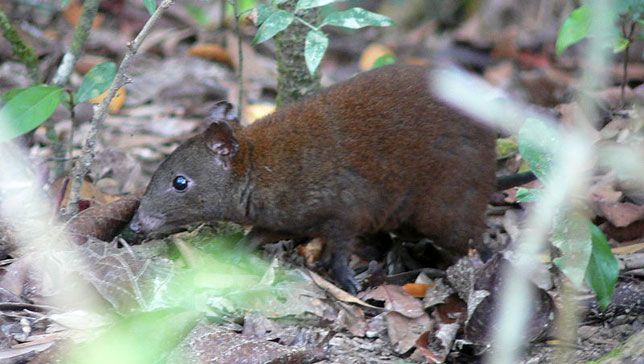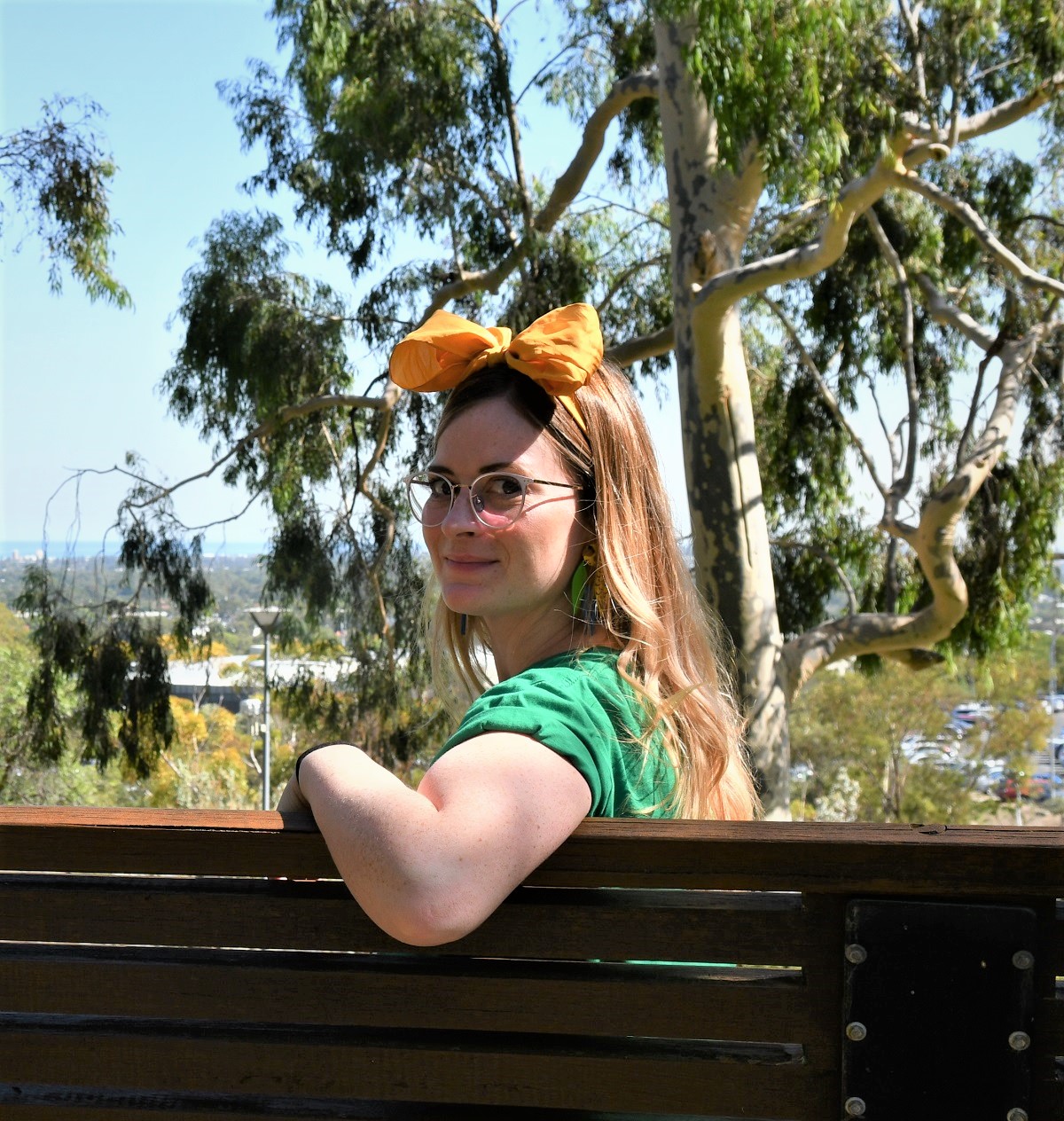
Unlocking an evolutionary puzzle through studying tropical Australia's musky rat-kangaroos, the only living macropodoid that does not hop, is the focus of Flinders University PhD student Amy Tschirn - and the progress she is making with her investigation will be part of a major earth sciences student studies showcase.
The tiniest kangaroo – Hypsiprymnodon moschatus, which is found on rainforest floors in Australia's wet tropics and weighs between 360 and 680 grams – is being analysed by Ms Tschirn to understand how its movements are related to the animal's skeleton. This information will allow palaeontologists to better interpret how early relatives of the current kangaroos moved.
This and other significant new research projects from SA university students will be featured at this year's Geological Society of Australia's Earth Sciences Student Symposium being hosted at Flinders University on November 24 – with entries for abstracts closing on October 2.
It provides earth and environmental sciences students from all of South Australia's universities with an opportunity to present their current work to the wider scientific community.

"Understanding the way that animals have evolved and changed through their evolutionary history as they experienced new challenges is key to modelling species responses under anthropogenic climate change," says Ms Tschirn, who is studying as a PhD Candidate in Vertebrate Palaeontology at Flinders, and is Chair of this year's GSA Earth Sciences Student Symposium.
"While understanding Hypsiprymnodon will help palaeontologists interpret fossil kangaroos, understanding fossil kangaroos can also help with the conservation of this very special relict rainforest species."
Ms Tschirn, who is also Environment Officer for the Flinders University Student Association, will be able to present an updated account of her PhD research at the symposium, as she heads to north Queensland in October for her latest round of studying musky rat-kangaroos in their natural habitat.
The GSA Earth Sciences Student Symposium - the largest student-led gathering of earth and environmental sciences students in South Australia – is designed to allow Honours, Masters and PhD students to present their Earth Sciences-related research to the local scientific community, and event organisers are currently calling for papers to complete the symposium program, with entries for abstracts closing on October 2.
Keynote speakers at the symposium will include Flinders University's Dr Margaret Shanafield who recently won a SA Tall Poppy award for being an outstanding young contributor to scientific research.
"SA has exceptional quality earth and environmental sciences research, but it's such a broad field that we do sometimes tend to stay in our own little research-bubbles," says Ms Tschirn. "GESSS-SA breaks down those barriers and promotes inter-discipline and inter-university student engagement and opportunities."
Previous years' GESSS-SA have prompted new inter-university collaborative research projects created after highly talented student presenters impressed the attending academics.
- The website for the GSA Earth Sciences Student Symposium, where applications for student abstracts can be lodged, is https://gessssa.wordpress.com/






